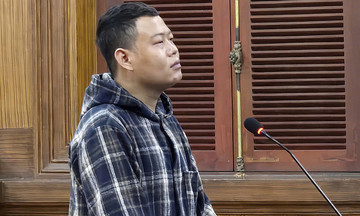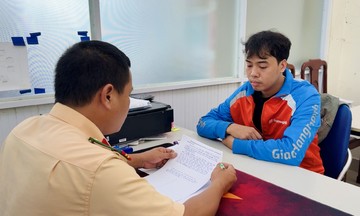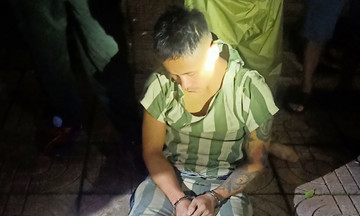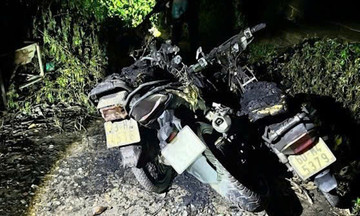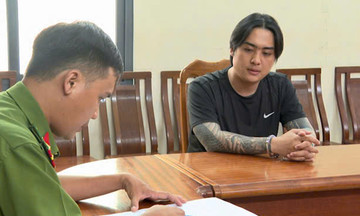Hong Kong’s privacy watchdog launched a criminal investigation on 15/7 into an AI-generated deepfake pornography scandal at the city’s oldest university, the University of Hong Kong (HKU).
The case involves a male law student accused of creating explicit images of at least 20 women, including friends, acquaintances, and teachers.
Although the incident allegedly occurred earlier this year, it gained public attention last weekend after three anonymous victims posted a summary of the accusations online. The accusers said a friend discovered the images on the student's laptop.
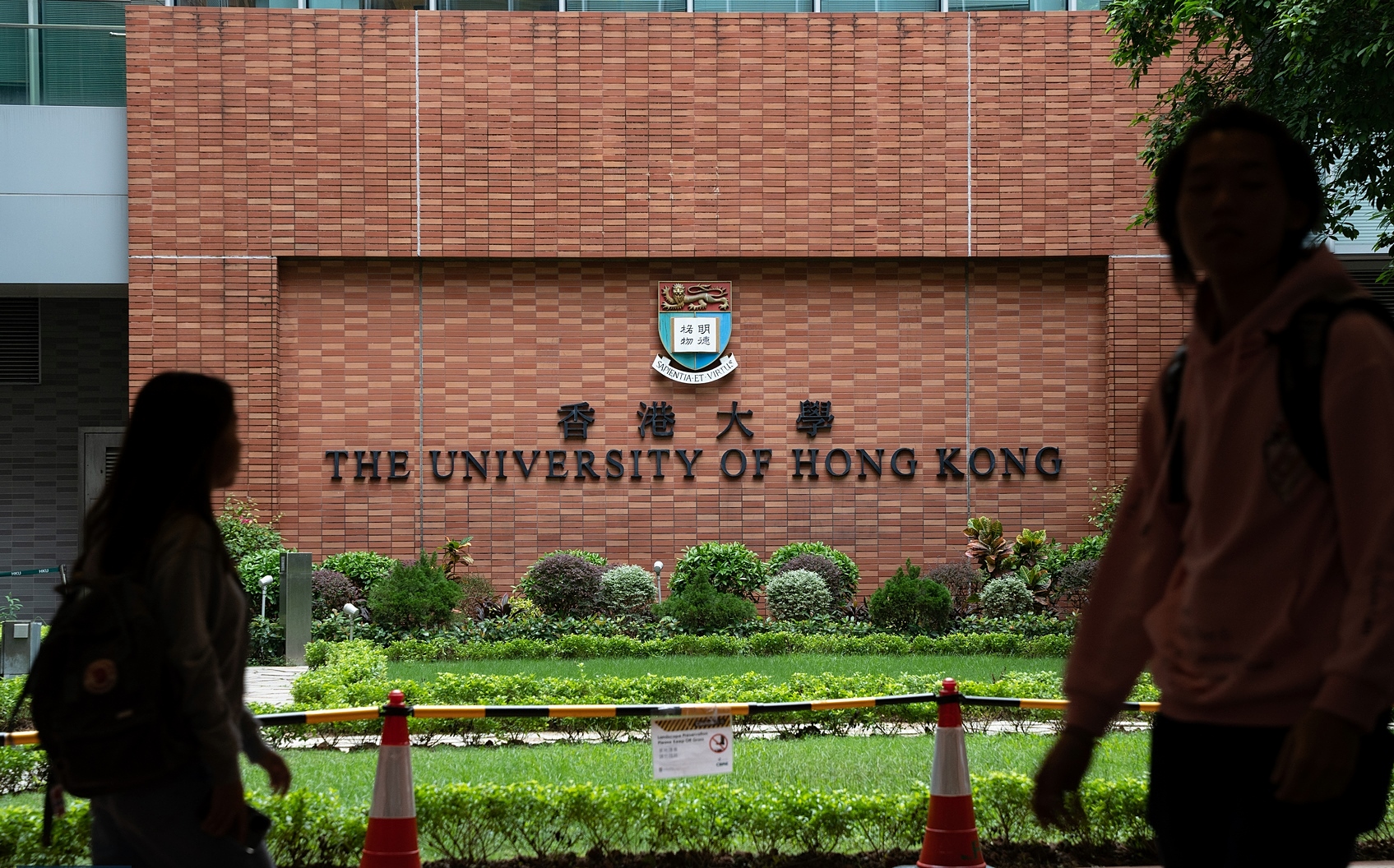 |
The scandal at HKU, revealed last weekend, has escalated beyond the university as criminal investigators are now involved. Photo: HKFP |
The scandal at HKU, revealed last weekend, has escalated beyond the university as criminal investigators are now involved. Photo: HKFP
According to the online accusations, there were over 700 images, organized into folders named after 20 to 30 victims. These victims included the student's friends, university classmates, high school students, primary school classmates, and even high school teachers.
When questioned, the student admitted to using the victims' photos, mostly screenshots from social media, to create the explicit images using free online AI software.
"Some of the victims were his close friends, others were just acquaintances, and some he had only met once. It is understood that none of these victims consented to his actions," the online post stated.
In mid-March, several victims contacted HKU demanding action. They requested the university's disciplinary committee review the case, citing "bullying," defined as one student humiliating or mocking another.
Under Hong Kong law, HKU's disciplinary committee can issue reprimands, fines, suspensions, or even expulsion.
However, HKU's response sparked outrage. The university only issued a warning letter and required the student to apologize. The punishment was deemed too lenient. The victims also said the student's apology letter was only about 60 words long and lacked sincerity.
The victims said they were most upset that HKU took no steps to separate the student from their shared classes, causing them ongoing stress and anxiety.
On 12/7, HKU stated it "deeply understands" these concerns and would review the case, taking further action as needed to ensure a safe and respectful learning environment. The university pledged "zero tolerance" for discrimination, harassment, or sexual misconduct.
But this wasn't enough to appease the victims. Hong Kong's Office of the Privacy Commissioner for Personal Data (PCPD) launched an investigation. The PCPD warned that disclosing another person's personal data without consent and with the intent to harm is a criminal offense.
Section 159AAE of the Crimes Ordinance states that distributing non-consensual intimate "deepfake" images is illegal, punishable by up to five years in prison.
Experts warn that the use of AI in this scandal may be just the "tip of a very large iceberg" surrounding non-consensual imagery.
Annie Chan, an associate professor at Hong Kong’s Lingnan University, said the HKU case clearly shows that "anyone can be a perpetrator, and nowhere is 100% safe".
The incident has prompted calls from lawmakers and women’s rights advocates for stronger laws to address deepfake pornography, amid concerns that the university's response was too lenient.
Hai Thu (CNA)



